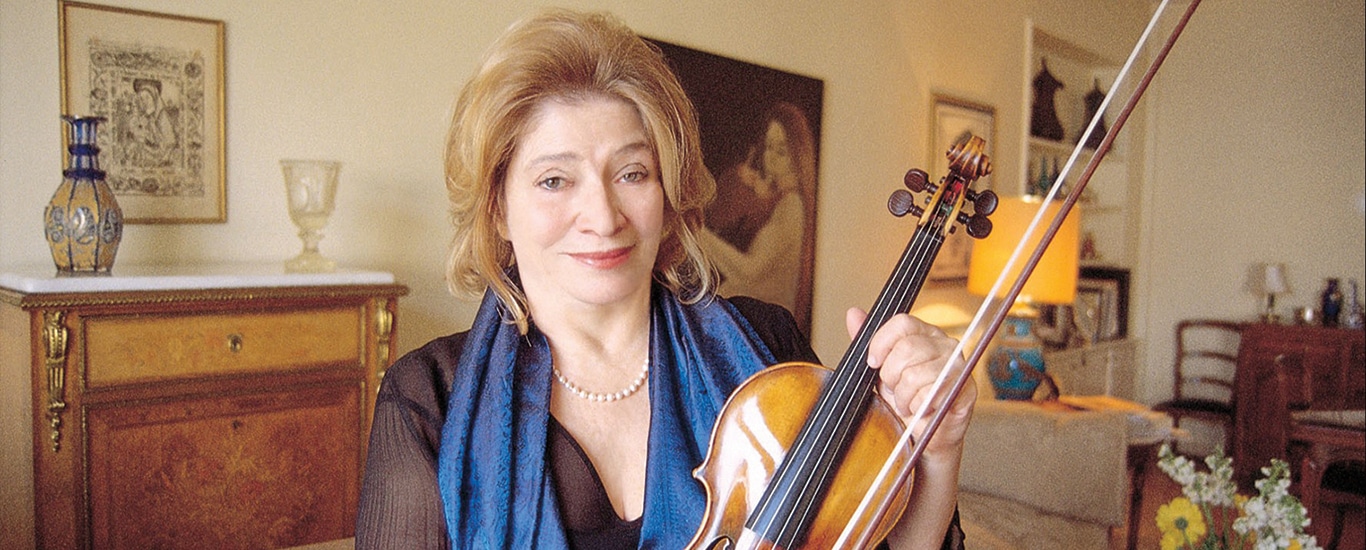Furtwängler hated recording and tried to make as many as he could
mainIn the last of my video talks for DG’s Wilhelm Furtwängler collection, I talk about another of the conductor’s central paradoxes.
He hated the idea of recording as an unmusical acted. But he hated even more the sight of anyone else making records so he tried to make as many of them as he could himself.
Watch.






as always he is more concerned with money and renown instead of philosophical principles… just the definition of a conductor, we can’t blame a lion for behaving linke a lion.
More like all three at once :awash with contradictions like most of us.
NL’s series on Furtwangler has, for some reason, got me thinking about the conductor Gunter Wand. Wand stayed in Germany at Cologne throughout the war, apparently undisturbed by the regime.
How did he do it? How did he accommodate himself to the regime? Did he know or have contact with Furtwangler?
I am unaware of any controversy surrounding Wand.
Interesting point.
Regarding accommodating himself to the regime: Wand had a fondness for contemporary music so he would surely have stayed clear from more progressive trends during the Hitler regime.
Wand is always going to be less controversial as he was less of a celebrity than WF . Ditto, people like Karl Munchinger.
His passion for new music comes across in this interview. He was curtailed from programming it for 12years : http://www.bruceduffie.com/wand.html
Wand was not a Nazi, pre war he conducted operas in obscure parts of East Prussia, he ended up as the youngest Generalmusikdirektor and single handledly rebuilt the Koln oper, he gave up opera conducting post war to focus on orchestral conducting at the Gurzenich. His 1965 Missa Solemnis on the Testament label beats Herr Mantovani v Karajan hands down. His biography Wolfgang Seifert: Günter Wand: so und nicht anders. Gedanken und Erinnerungen. Hoffmann und Campe, Hamburg 1998, ISBN 3-455-11154-8 is an excellent read, at present I am working on an English translation.
What about Klemperer?
Yes, Petros, Klemperer was eager to make money, too.
But he was not well off, as was Furtwangler: for many years he was living virtually hand-to-mouth, a refugee.
And with a wife and two children to support, one can not blame him for what some would see as money-grubbing.
Norman, What are the sources for claiming that young girls were brought to WF before concerts? Any books or research that one can read?
Yes, I was wondering the same. We can’t tread too carefully in these matters.